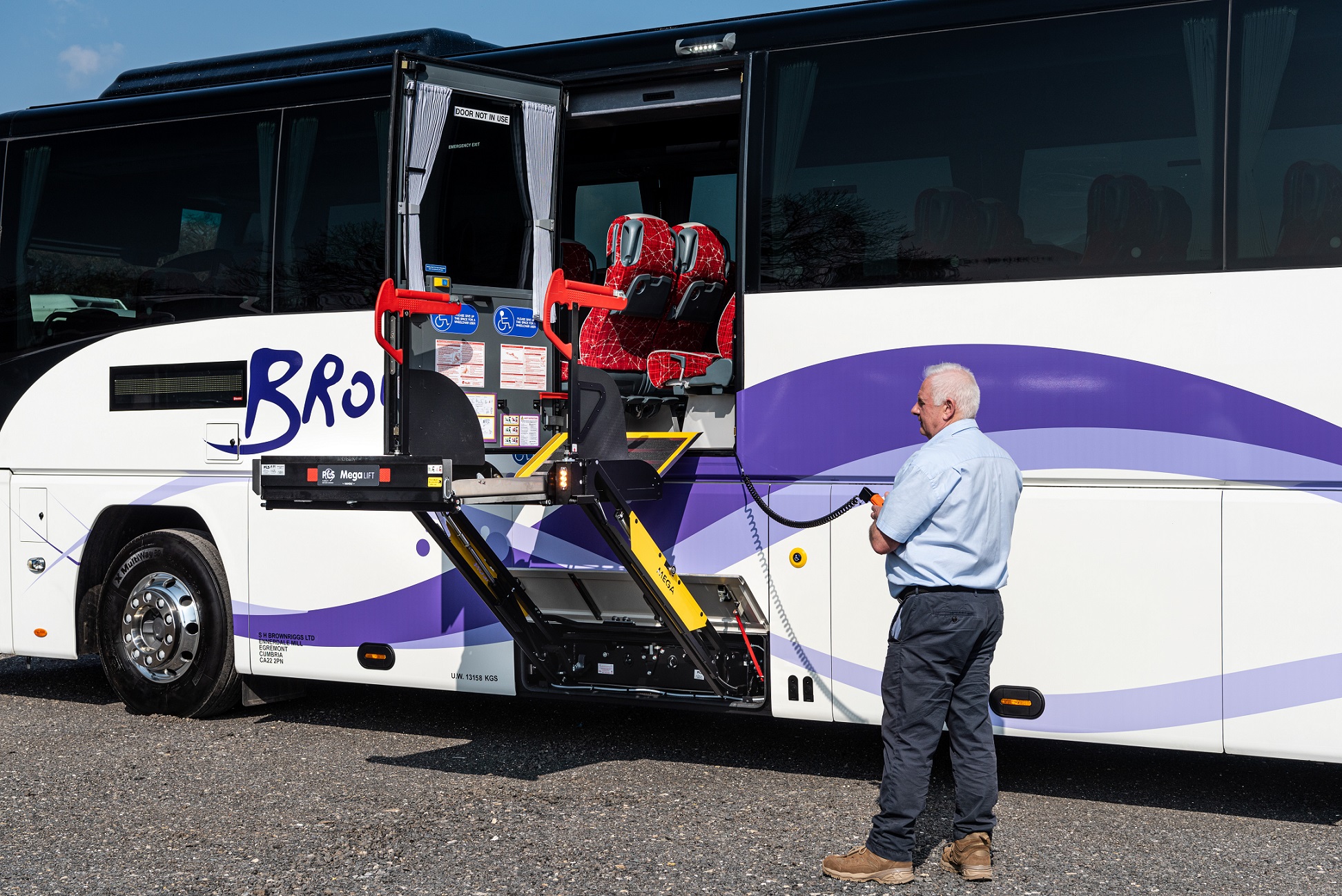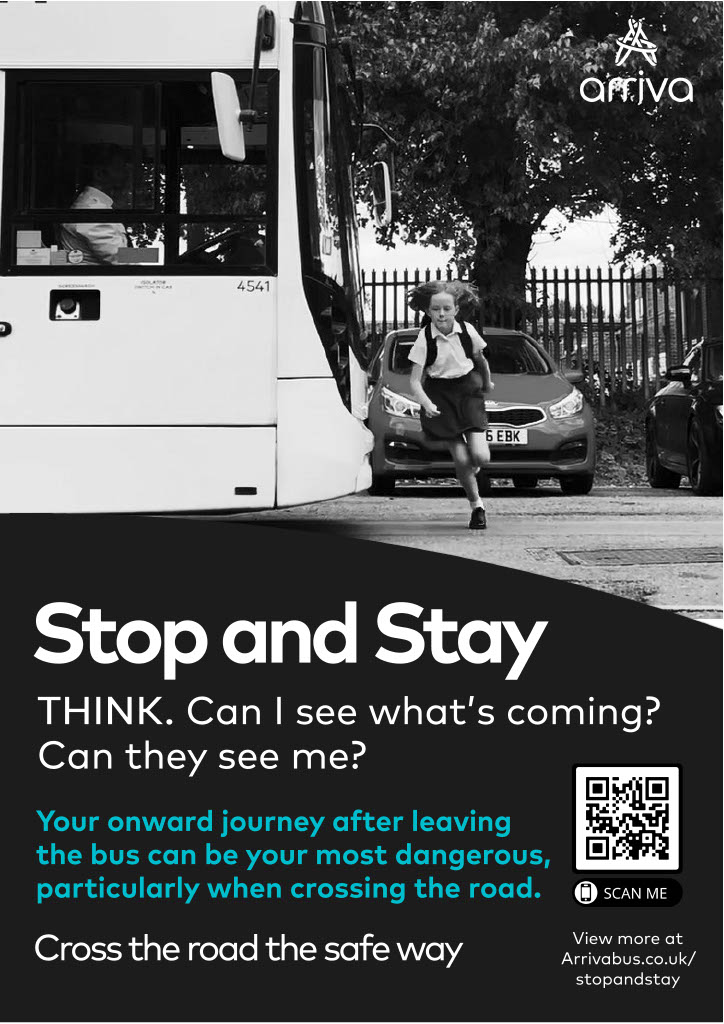Confederation of Passenger Transport (CPT) Operations Director Keith McNally has reiterated challenges in home-to-school transport and rail replacement services meeting compliance with the Public Service Vehicles Accessibility Regulations (PSVAR), in a Transport Committee inquiry on 22 November.
Key industry leaders, including DVSA Chief Executive Loveday Ryder and Linda Taylor representing the Local Government Association, joined Mr McNally on the ‘Accessible transport: Legal obligations’ committee, providing insights into the direction of accessible transport in the UK. The session shed light on the complexities of balancing regulatory compliance with practical challenges. It also underscored the coach and bus sector’s commitment to accessibility, while highlighting the need for continued collaboration across government and industry.
Acknowledging that full compliance is unlikely when current medium-term exemptions expire in 2026, Mr McNally restated CPT’s position as part of the Department for Transport call for evidence on PSVAR calling for open-door services such as express coach or rail replacement to be compliant in future, while closed-door services where passengers are known in advance would be compliant “on the basis of demand”.
Mr McNally further stressed the sector’s commitment to improving accessibility, acknowledging challenges in complying with PSVAR, particularly in home-to-school, where a service is in-scope dependant on whether a separate fare is paid. “It was not understood that certain services that were in scope were indeed in scope,” he says. “That is to do with some of the complexity around the regulations, the way they were written and the way the home to school market has changed over the years since the regulations were originally written.
“Our proposal is that that aspect will be swept away, so that if a service was what we describe as regular, and had a timetable, such as a home to school service or a works service operating on a daily basis, it would be compliant on the basis of demand, whether or not a separate fare was paid. That complexity would be taken away.”
Lack of data highlighted
Loveday Ryder, Chief Executive of the Driver and Vehicle Standards Agency (DVSA), answering a question posed by Jack Brereton, Member of Parliament for Stoke-on-Trent South on the scale of the issue of non-compliance, noted the lack of comprehensive data, but confirmed an overall trend towards increased accessibility. Ms Ryder emphasised DVSA’s role in educating operators and ensuring compliance through various touchpoints, including roadside checks and operator seminars.
Councillor Linda Taylor, representing the Local Government Association, also highlighted the challenges faced by local authorities in maintaining accessible streetscapes. She pointed to the success of London’s model in enforcing pavement parking regulations, suggesting its wider adoption could improve accessibility across the UK. Cllr Taylor also underscored the use of ‘doughnut economics’ in Cornwall to make inclusive decisions that benefit all community sectors, including people with disabilities.
Cllr Taylor also touched upon the financial strain on local authorities, exacerbated by the growing need for accessible school transport under the Education Act. She urges a re-evaluation of outdated school transport legislation to better support these needs.
DVSA enforcement and improved efforts
Ms Ryder shared insightful data on enforcement of compliance. She reveals that out of 69,000 vehicles tested annually only 33 failed on PSVAR items in the 2022-2023 year period, with 13 of these passing after rectification.
Similarly, roadside checks flagged just 14 accessibility offenses out of 5,100 vehicles checked.
Challenges with demand responsive transport (DRT) services
The inquiry also touched upon the emerging trend of DRT services. Cllr Taylor noted the logistical challenges of implementing DRT services, especially in less urban areas, and pointed out the dilemma faced when using exempt vehicles for DRT services: Selling spare seats could potentially cause these vehicles to lose their PSVAR exemption.
Mr McNally highlighted that many DRT services, although exempt due to smaller seating capacity, are often accessible, but acknowledged lack of data on the exact proportions of accessible DRT services.
Commenting on the inquiry in CPT’s 24 November update, Mr McNally says: “I felt that the Committee was… measured in relation to coach and bus services, and I believe this reflects the enormous efforts that we have made to provide accessibility for all, whenever it is required.
“Of course, as an industry, we must continue to deliver, not least in meeting all the requirements of the PSVAR medium-term exemptions in place until 2026 but we should also continue to innovate to improve the experience of those with disabilities who travel on the services we provide.”
























